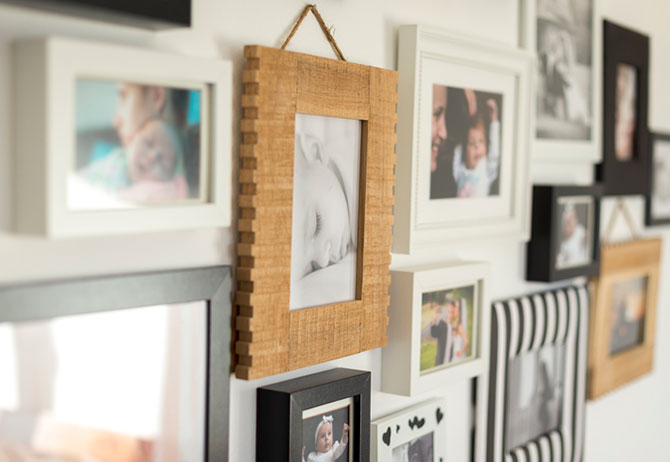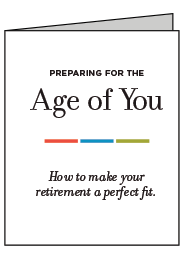Like an archaeologist searching for forgotten fragments from an ancient civilization, the challenge of discovering our own distant memories can be equally daunting. It takes hard work, patience, and no small measure of honesty to sift out those nuggets of insight and storied artifacts from our past. And like many a successful dig, it helps to have a skilled and experienced mentor by your side during excavation. The role of a master Memory Archeologist varies for each of us, but the gifts they offer can be critical to our success.
The challenge of knowing where to begin a dig is often a problem for the beginner. The terrain all looks the same and appears to offer few clues as to the most productive place to begin. The Memory Archeologist has the experience to provide us with clues to where we might excavate to find something of value. And because memories can be buried in so many locations, the master gives us a variety of starting points and allows our own inner GPS systems to select what gives off the strongest signal for us.
Once digging begins however, it’s sometimes hard to know what you’re actually seeing. At first, it can just look like a trash heap or a dry old creek bed, and you wonder whether anything of value could possibly be found there. It’s at this point that a master Memory Archeologist and your fellow diggers can help you see your actual “finds.” As witnesses to your search, they are often the first to notice a special relationship or an uncanny moment when you share your story. Together, they help you hold that memory up to the light and allow you to see that it truly does have value and is worthy of preserving.
But learning how to preserve that find, whether it is a pottery fragment, a bit of bronze jewelry, or the remembrance of a special period in your life, requires some guidance and encouragement. Discovering a memory is one thing but preserving it for both your own understanding and future family generations takes commitment. It must be carefully recorded and then polished with care so that its value becomes clear for all to see. Like all artifacts, everything we find may not be pretty but, when presented with understanding and respect, they can still have great value.
One of the special gifts for our little group who refused to graduate is that we realized early on that we had a very unique Memory Archeologist as our leader, and we wanted to continue digging for as long as Liz Wildberger was willing to be our mentor.




